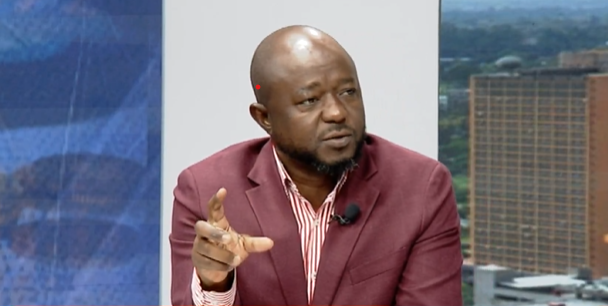
Uriri MP Mark Nyamita has supported the austerity measures across government institutions as an alternative to introducing new taxes, proposing the move could raise up to Sh40 billion.
The MP argued that the government has been extravagant in its expenditure despite the tough economic times, adding that such unnecessary costs can be eliminated.
Nyamita made the remarks as public hearings on the Finance Bill, 2025, near conclusion, with several counties scheduled to hold sessions this week.
National Treasury Cabinet Secretary John Mbadi has maintained that this year’s Finance Bill does not propose new taxes but rather seeks to streamline existing tax policies to boost revenue collection.
Speaking during an interview on Citizen TV’s morning show on Tuesday, Nyamita said government spending should be rationalised to address inefficiencies.
“We’re saying that the current Finance Bill is projected to raise between Sh25 and Sh40 billion. My view is that the difference in what they aim to raise should come from austerity measures,” he said.
Nyamita commended Parliament for what he termed as a reduction in travel-related spending and encouraged similar action from the executive arm of government.
“This includes cutting travel expenses and reviewing other operational costs. As someone in Parliament, I can say there has been a reduction in our activities compared to the previous term. The executive can also scale back,” he said.
He referenced recent statements by Controller of Budget Margaret Nyakang’o, who reported that over Sh10 billion was spent on travel in the first nine months of the financial year.
“That’s what I’m referring to, the need to prioritise and streamline expenditure. These savings could help bridge the budget shortfall,” he added.
Nyamita also called for greater scrutiny of expenditure under Article 223 of the Constitution, which permits certain public spending before parliamentary approval.
“The responsibility is on Parliament to ensure that spending under Article 223 is carefully reviewed, and only essential items are approved. Prioritising travel over critical obligations such as pensions is not the best use of funds,” he said.
He added that Parliament is awaiting a report from the Budget Committee to determine the way forward.
“We need to examine the final position. There are mechanisms within our mandate to hold to account those responsible for approving such spending. Article 223 should not function as an alternative budget outside parliamentary oversight,” he said.













